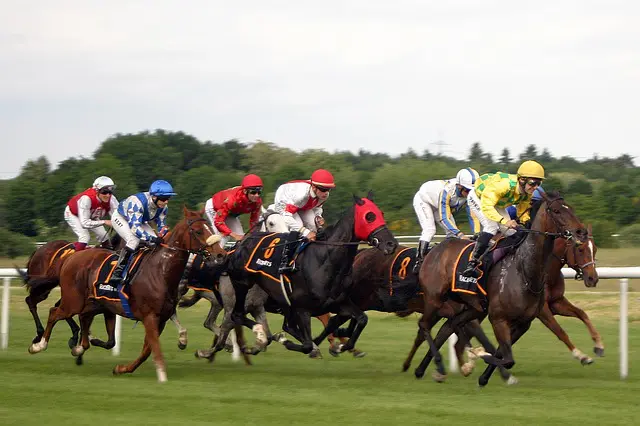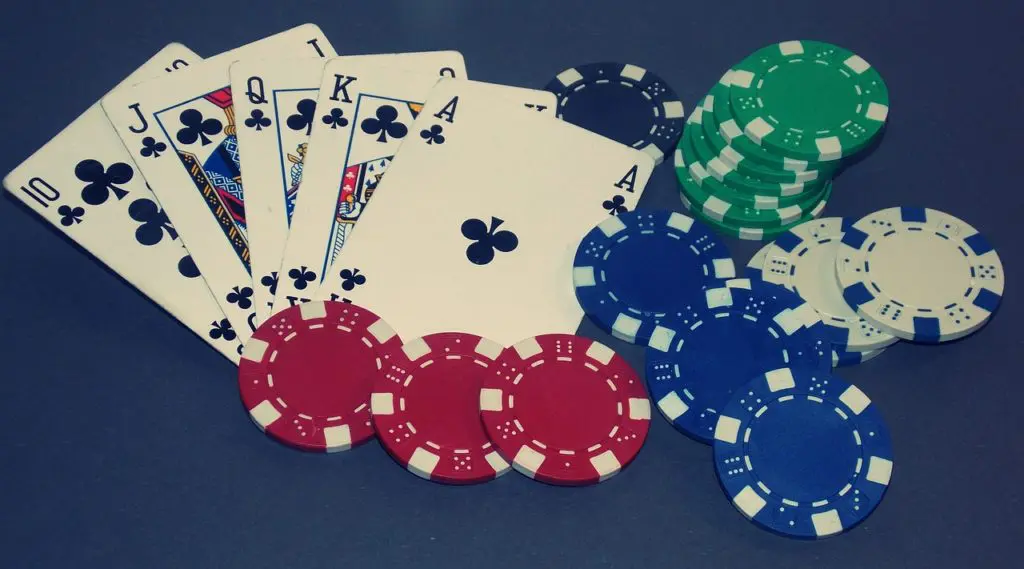

Once you start playing poker for any decent amount of time, you’ll quickly discover that you have your own particular favourites when it comes to hands.
Now while almost everyone loves to hit pocket aces, there are others that claim that over time a pair of kings or queens has proven to be better luck for them than landing the best pre-flop hand in the game.
I know. Go figure how that works, but it does happen.
Others also have particular hands that they will always play. For Texas Hold’em legend Doyle Brunson that hand is the 10-2 hand which has now been names after him, due to it being responsible for winning the World Series Of Poker in both 1976 and 1977.
Now Doyle will happily play a 10-2, but another hand is also named after him for a different reason. That is any Ace and Queen, which Brunson states that he “tries to never play this hand” in his Super/System book.

Part of the reason why Brunson does not tend to play the hand is that it is one of a number of danger hands in poker and in this article, we are going to take you through some of the common danger hands in Texas Hold’em and look at why they are dangerous for players to play.
So if you’ve been left holding what appeared to be a strong hand at the bet365 Poker tables, but watched as someone else hoovers up your chips, then it could be that you are not playing these danger hands optimally.
Bet365 Review ⊕ Min Deposit: £5 ⊕ Expiry: 30 days ⊕ Min Odds: 1/5 (1.20)
William Hill Review » ⊕ Min £10/€10/$10 stake ⊕ Expiry: 30 days ⊕ Min Odds: 1.5
GG Poker Review » ⊕ Min Deposit: £10 ⊕ Limited period ⊕ $1 for ever $ in Rake
A danger hand is one that a player, especially a more inexperienced player, can over-value in a particular hand because it appears to be stronger than it actually is.
While technically any hand can become a danger hand, at any point when the flop, turn and river cards are known, there are some that are generally viewed as being more dangerous to play than others, although the reasons for this are somewhat varied.
Furthermore, danger hands in poker become more dangerous when a player does not take the right steps in the betting round to mitigate the danger that the pocket cards possess.
This is a common error made by novice and inexperienced players.
Danger hands can be very costly to a player’s bankroll if they aren’t played optimally or at least pretty well for the most part.

Some of the most common Danger Hands are as follows:
However, there is also the argument that even the top pairs, Aces, Kings or Queens can become a danger hand when a player does not play them well, or if their value in the hand is questionable because of how an opponent is betting combined with the community cards shown post-flop.

Part of the problem with Danger Hands in poker is that while they can be over-valued by players when they don’t quite hit the cards they need post-flop, when they do hit, they can be a devastating hand that can transform the fortunes of a player and which can see very large pots won by the player lucky enough to see their Danger Hand connect with the cards on show.
It is because of this reason that poker players are tempted more often than not to play a Danger Hand but when they do, some of the most common mistakes players make are as follows.
Part of the complication for plying Danger Hands is that these mistakes are not universal and that only some may apply to certain danger hands, while on others, that particular play may be the right one.
For example, if you hold a hand such as an Ace-King, then you should play more aggressively pre-flop in an attempt to cut the field down to as few a number of opponents as possible (ideally heads up).
But for danger hands such as suited connectors, or the Ace-rag hand, then you want to try and limp in to the flop as your hand has no real value until you hit something on the community cards and ideally, you want to get to that position as cheaply as possible.
So the real skill to playing these danger hands is not so much following a strategy to play them, but to treat each Danger Hand and the situation at the table entirely differently, depending on:

Played well, Danger Hands can be a great way to widen your playing range and pick up a few more pots, but to do that, you need to learn the nuances and strategies that will enable you to play these hands most optimally and thus avoiding the potentially expensive mistakes that can occur when these hands are played poorly.

All contents are ©
Bet365 Bonus Code, Sports, Casino and Poker Sign up offers and News
18+ Worried about your gambling?
Gamcare - When the fun stops – STOP!